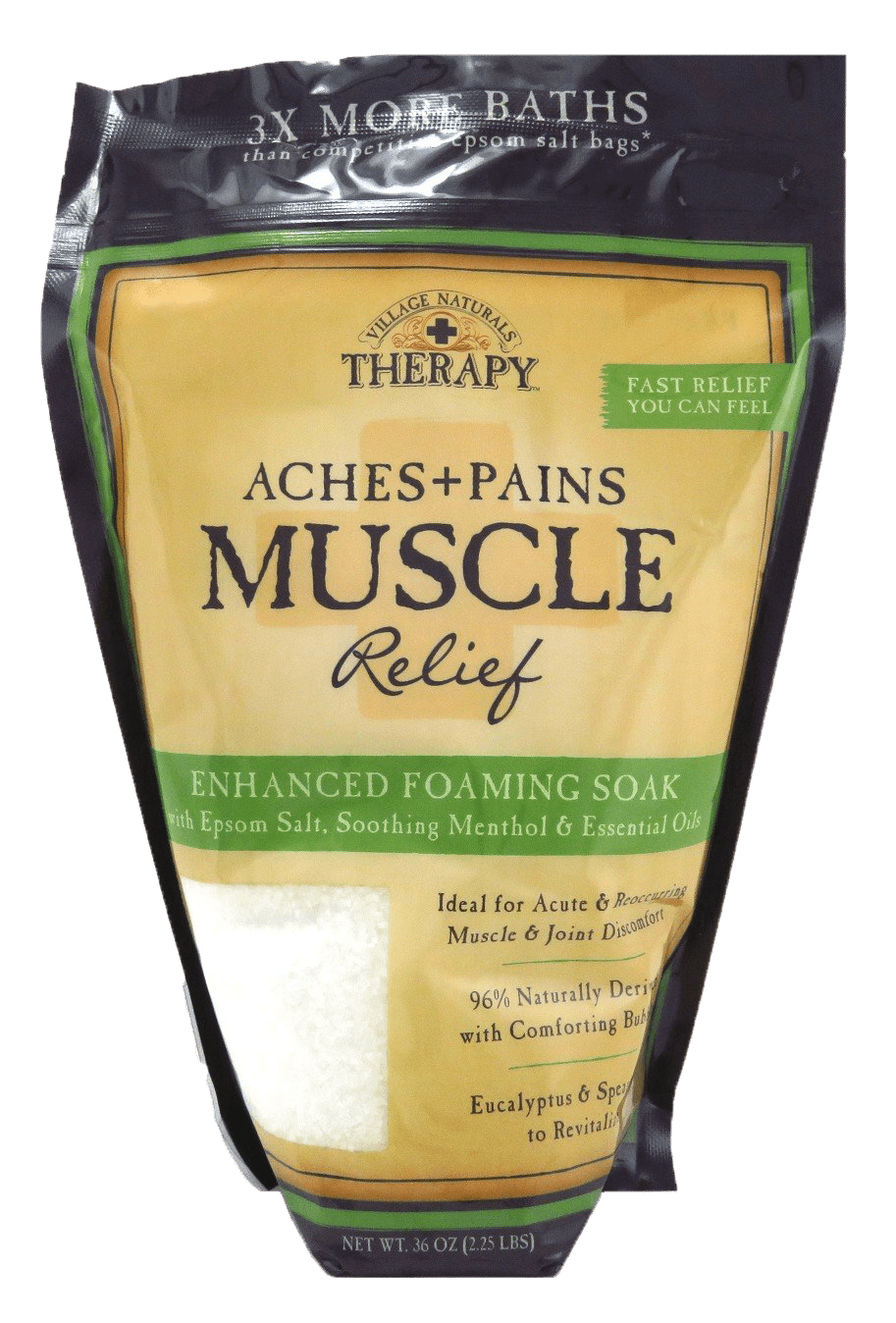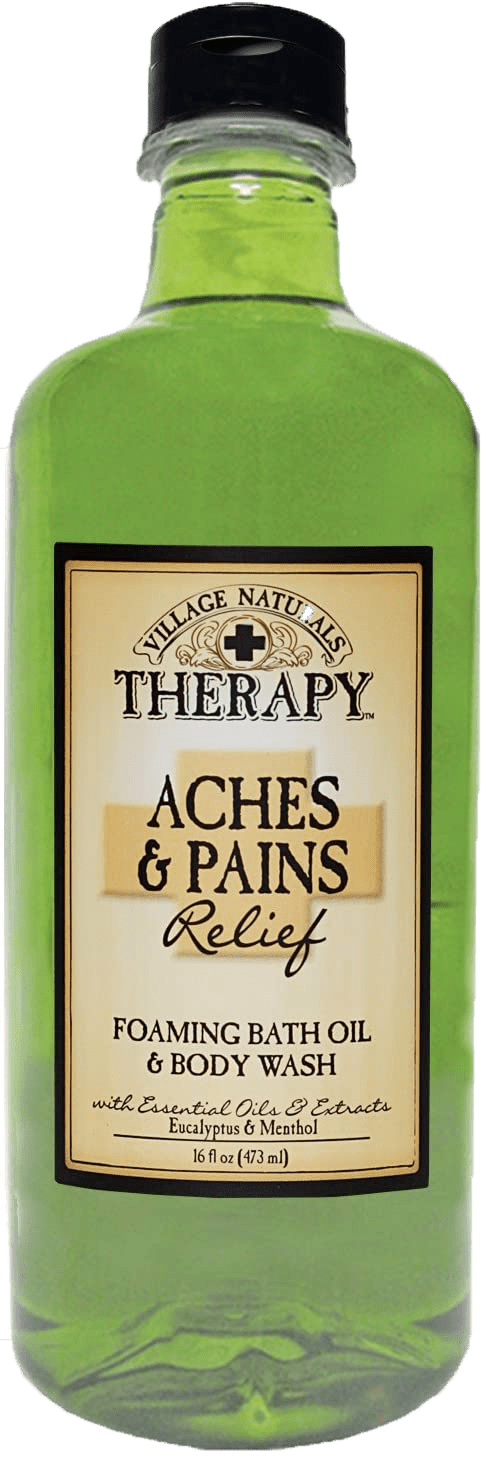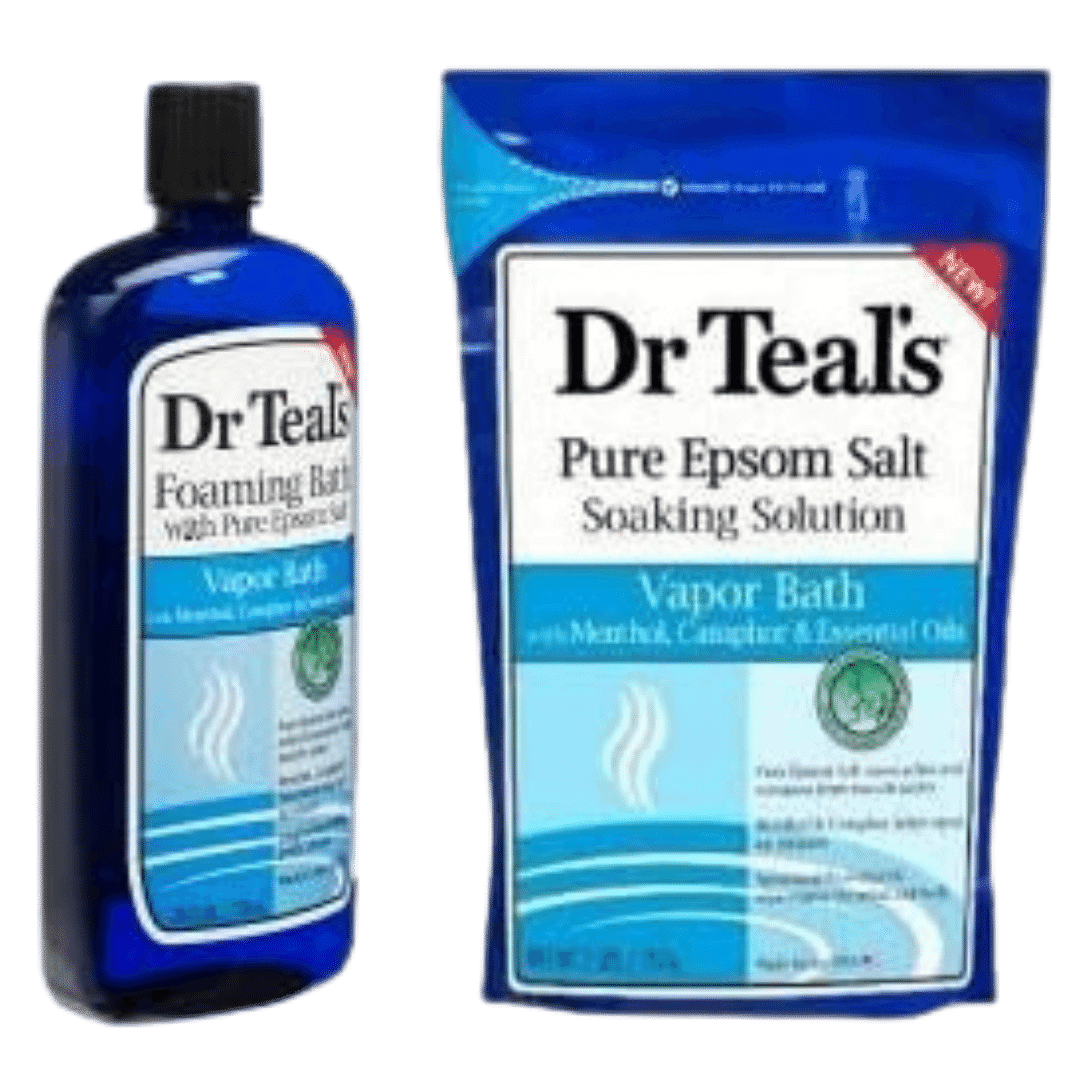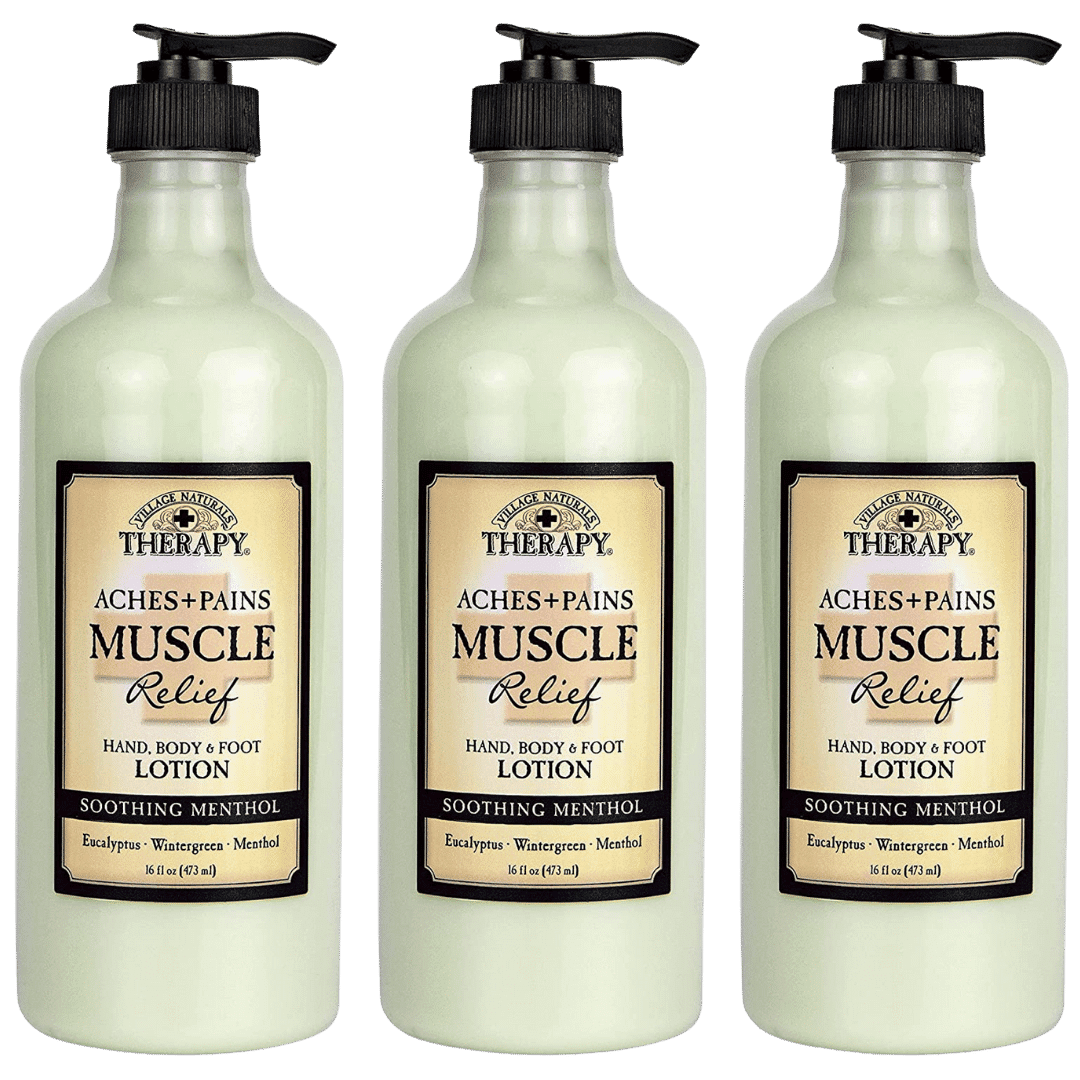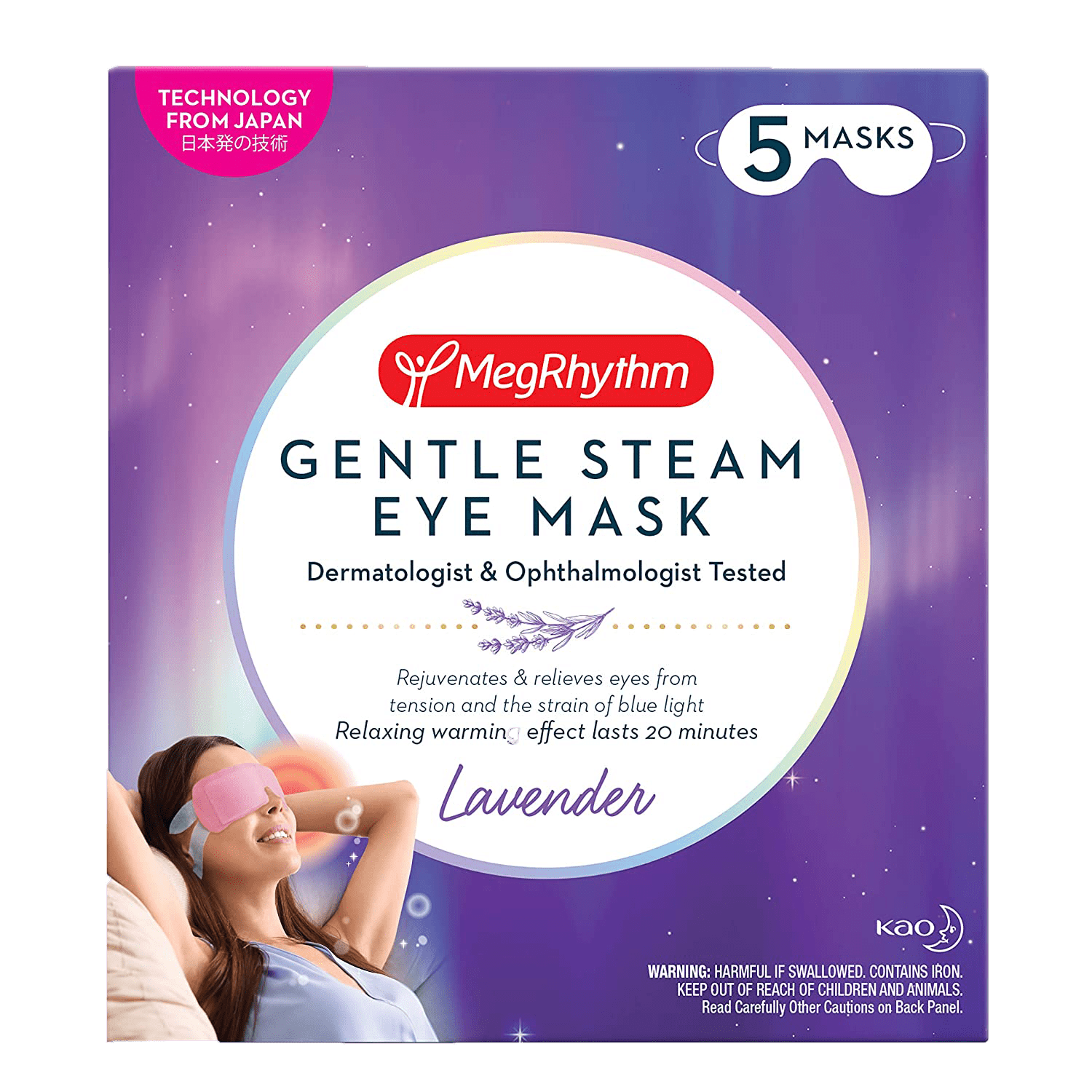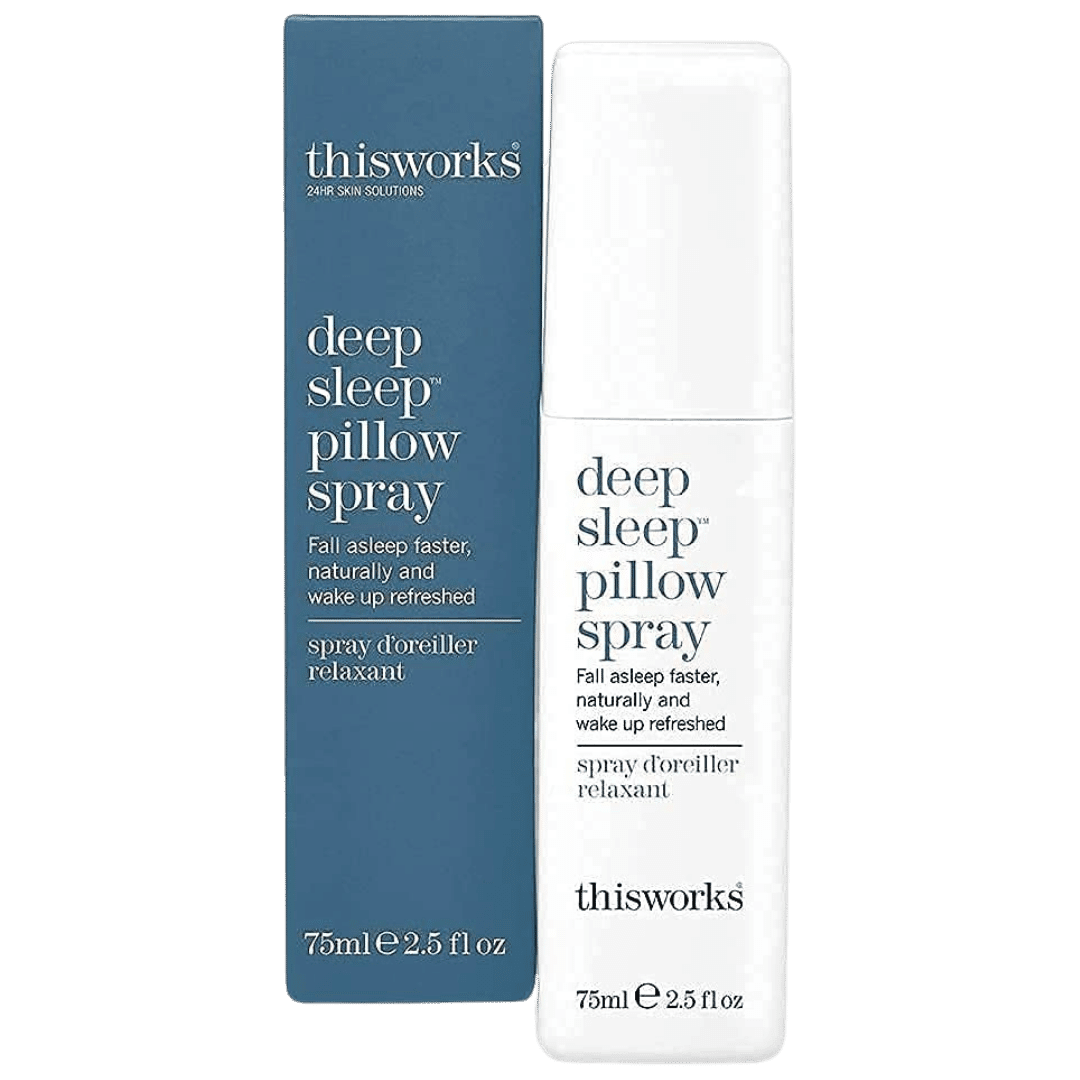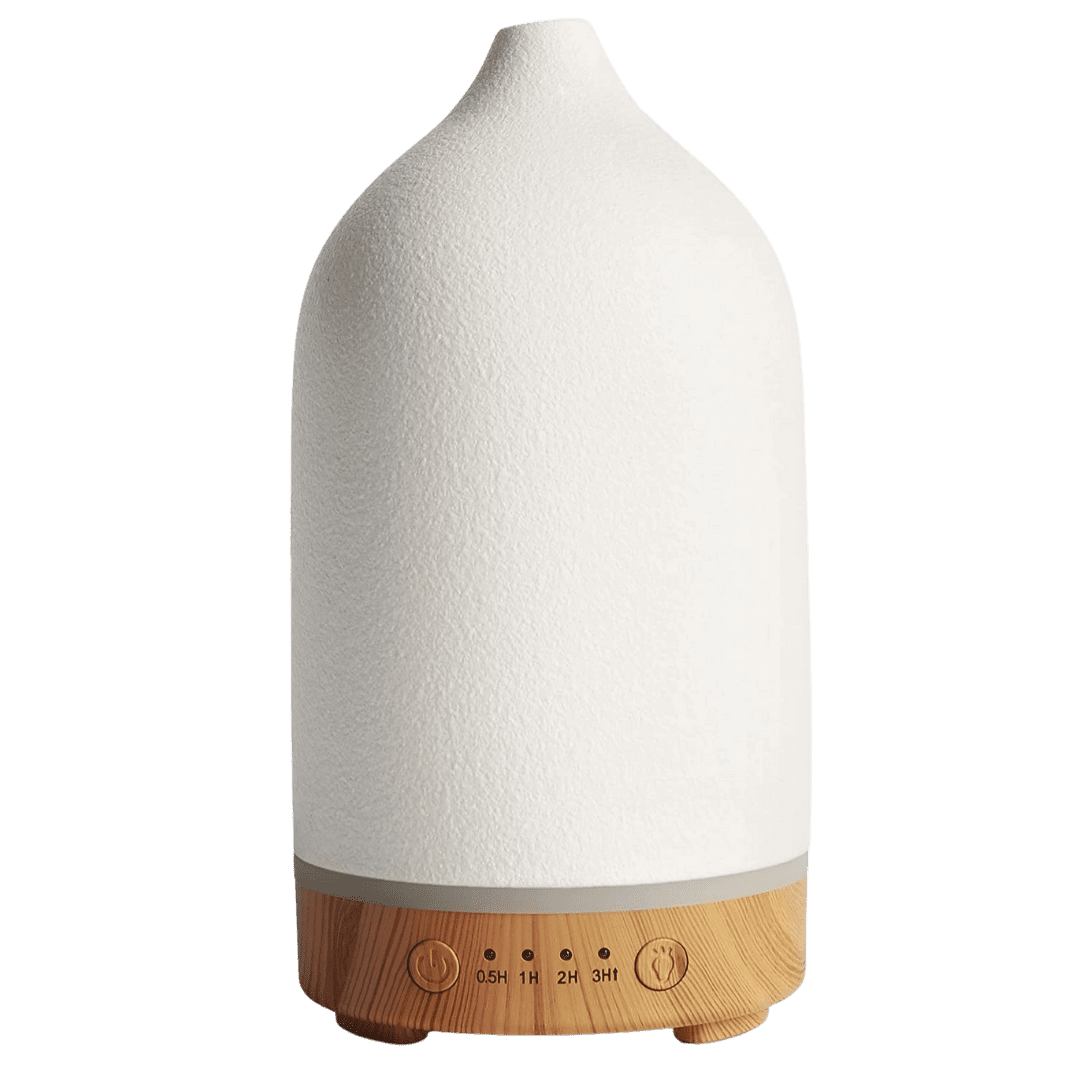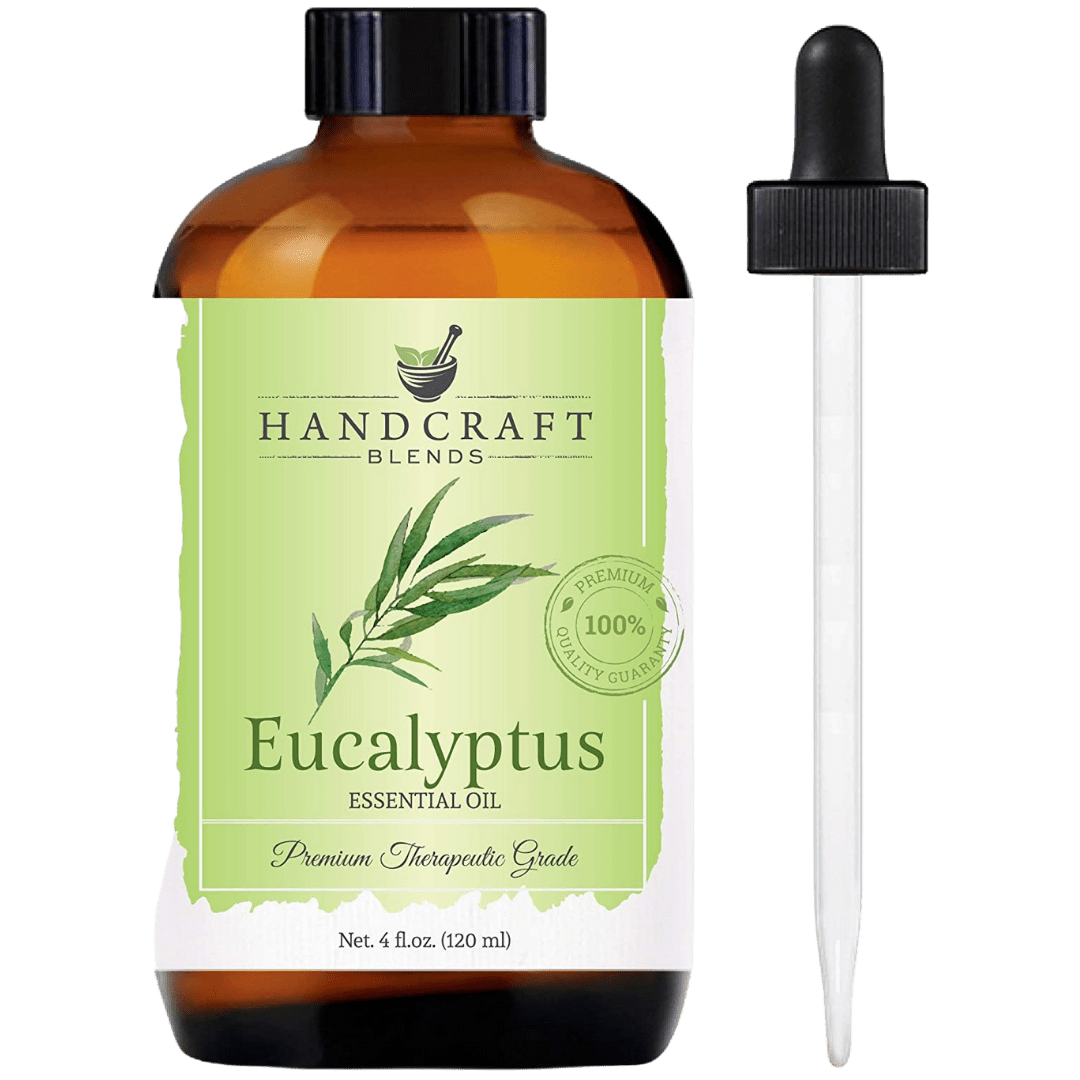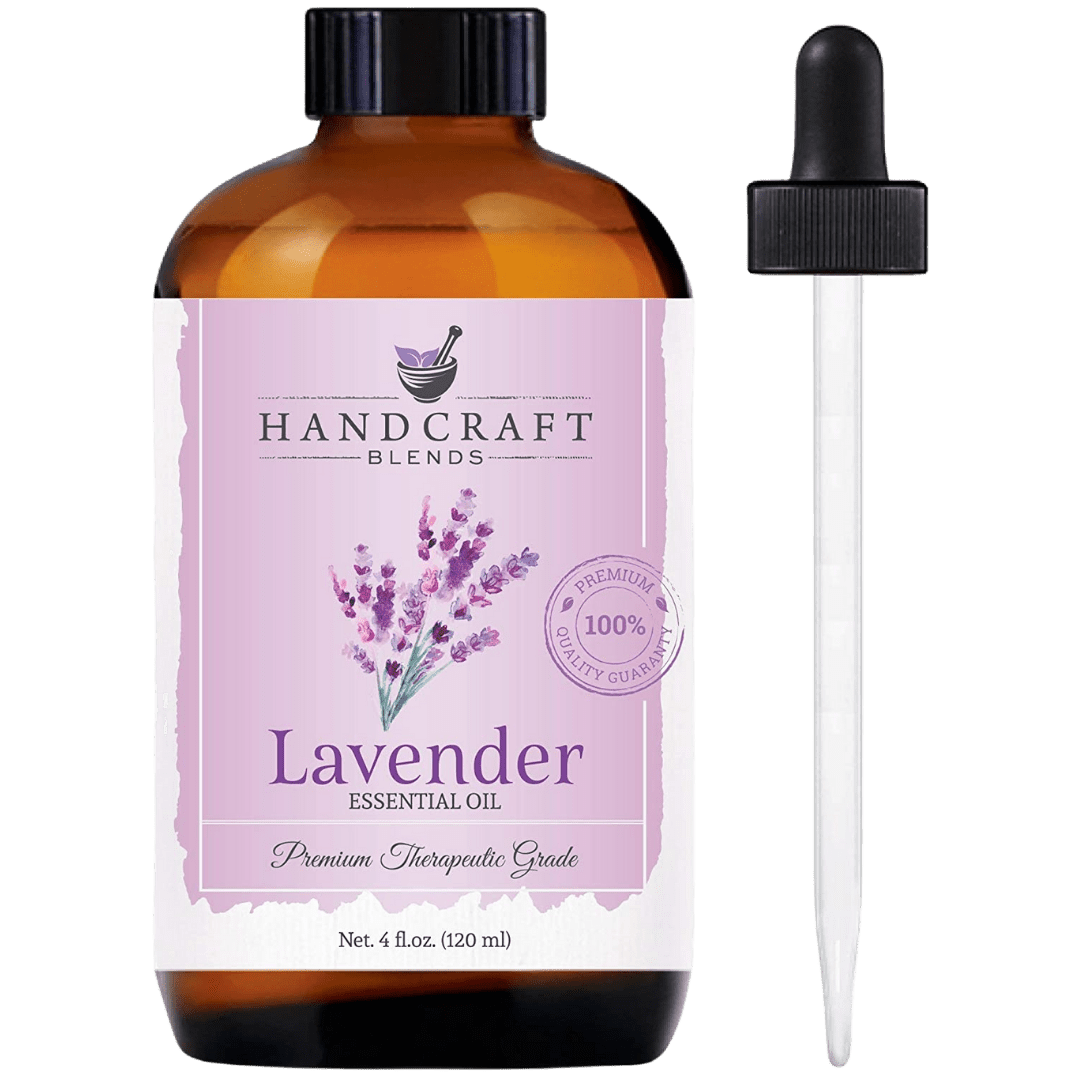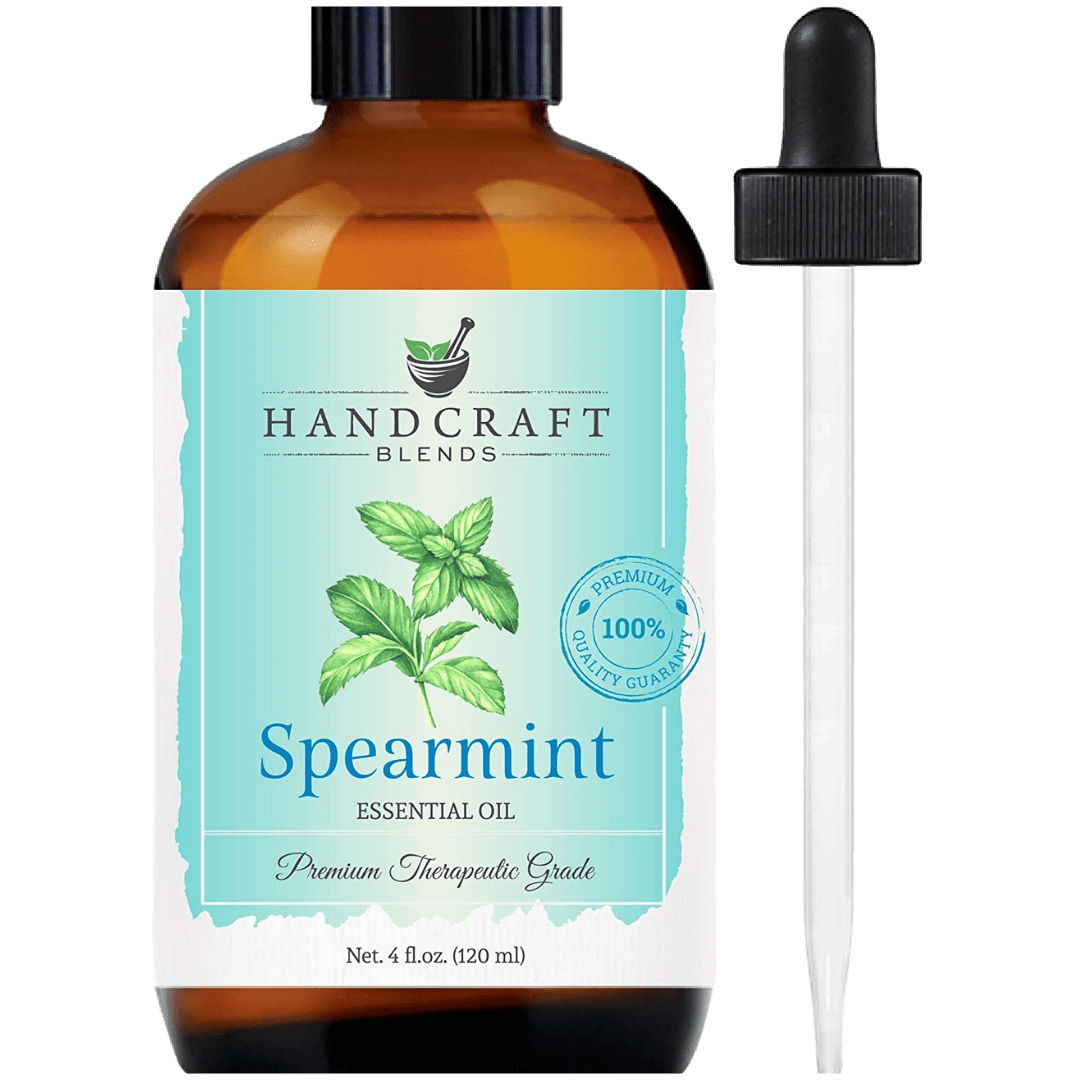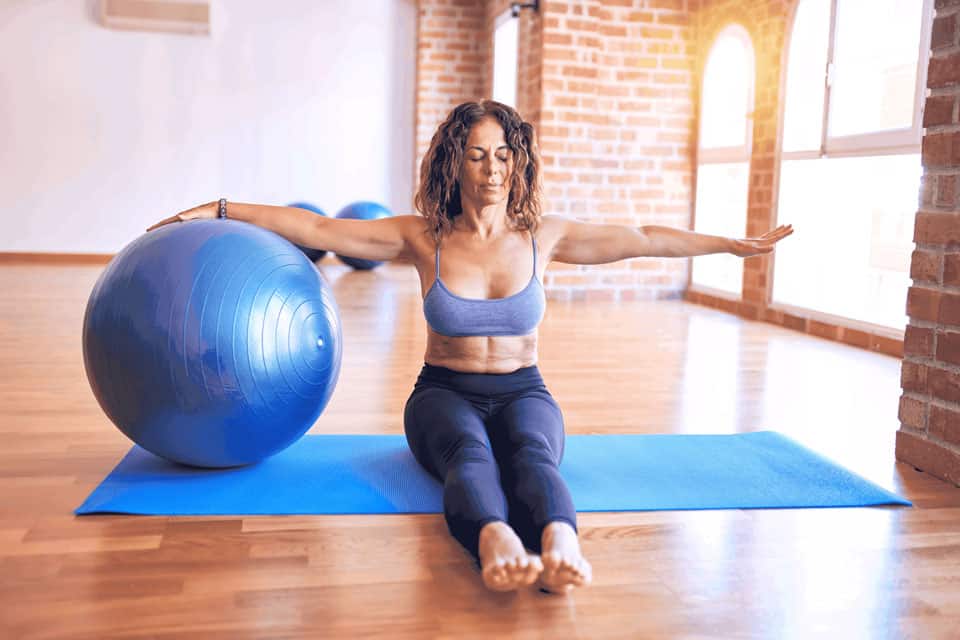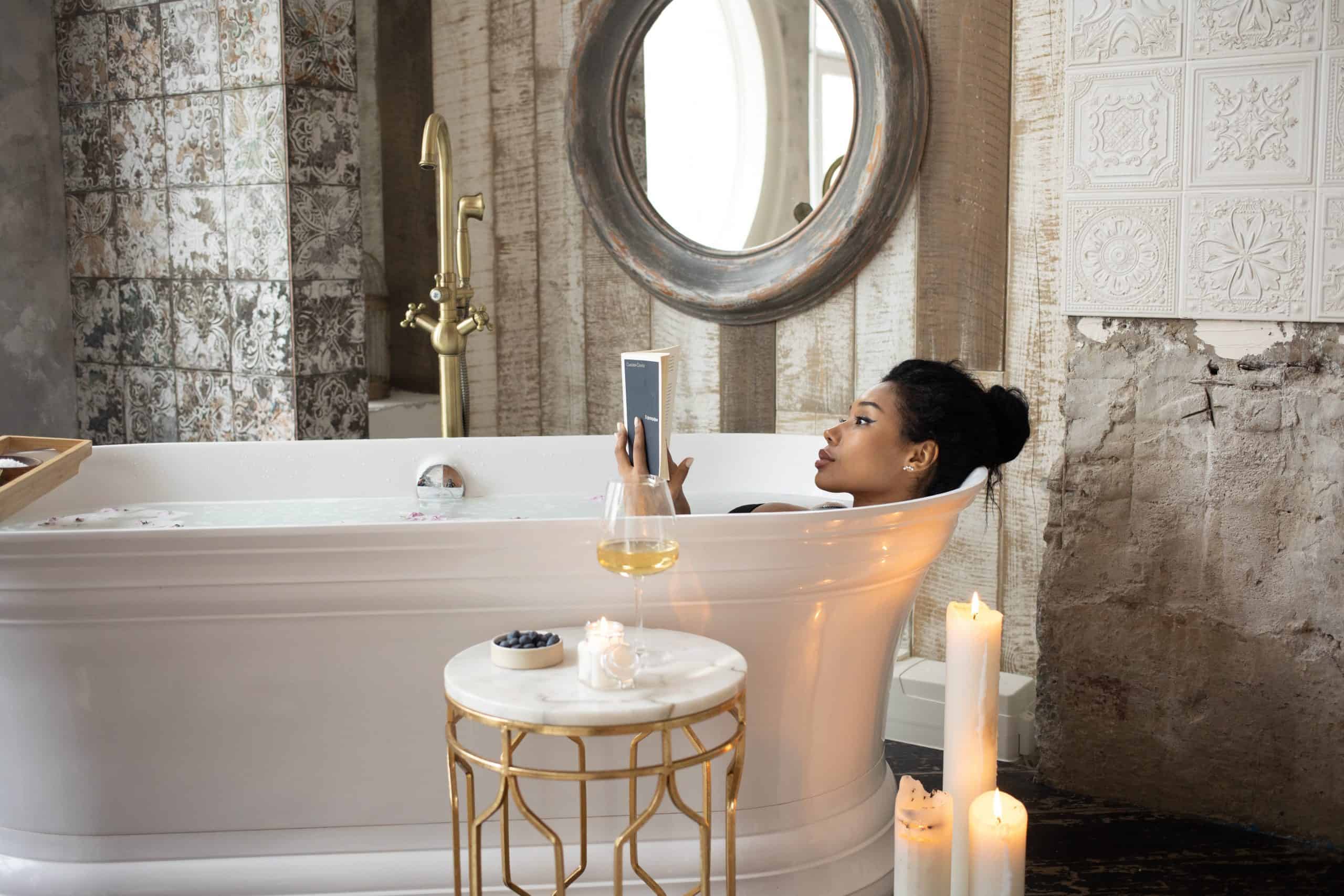Think You Know What Scents Help You Sleep? It’s Not Just Lavender!
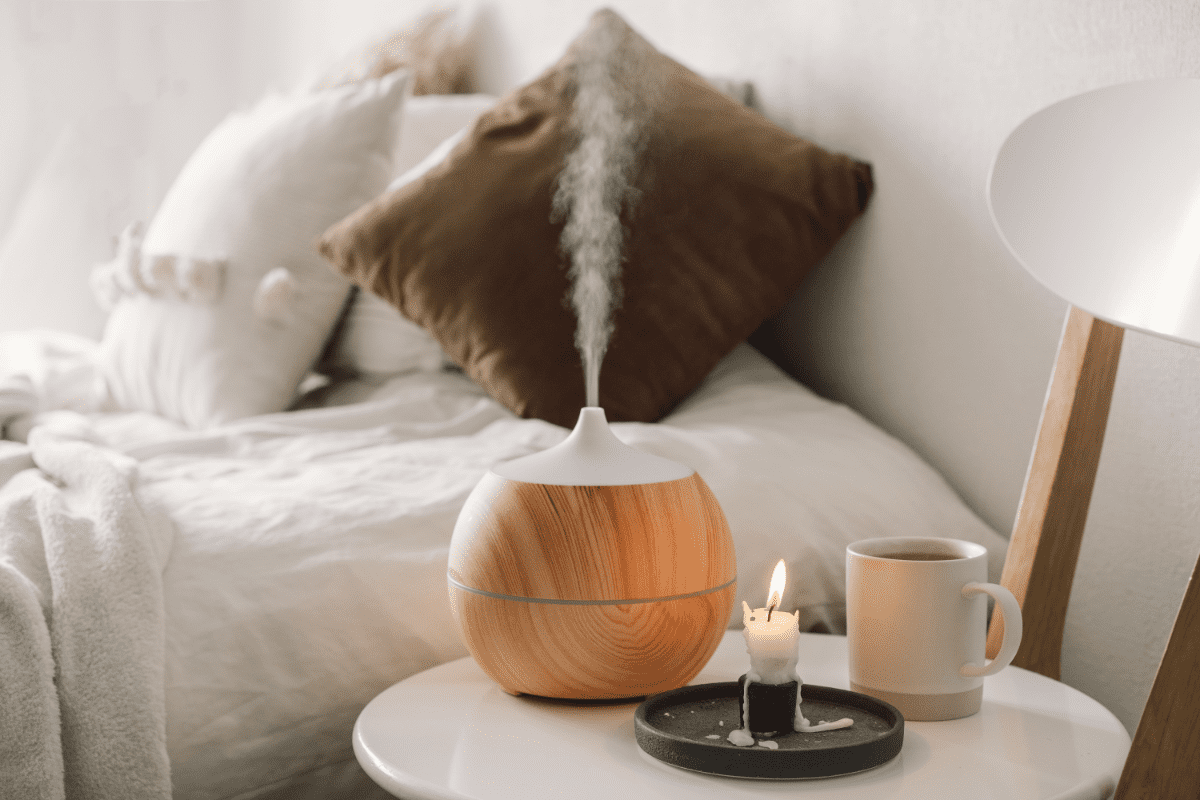
By Franki Hanke
Lavender is the go-to for relaxation and sleep, but there are other smells that may be even better you’re overlooking.
Lavender is the quintessential smell for relaxation, but there are many other scents to use for relaxation and sleep we’re overlooking. Whether you’re sick of lavender (or allergic) or want to explore other options, here are scents that help you sleep.
Power of Smell
Research has re-iterated smell does impact us psychologically and physiologically. Fragrances and scents can stimulate the brain differently. Wielding the right scents can provide some extra relaxation.
However, scientific research in aromatherapy is not advanced enough to support replacing any traditional healthcare or other wellness behaviors solely with essential oils (or other delivery systems). Use scent and aromatherapy as complementary to but never to replace better-supported methods.
Which scents help you sleep?
When you’re seeking a good night’s sleep, anything that helps a little is worth it! A lot of the positive effects of essential oils are an expectation (or placebo), so if there’s a smell you personally find relaxing, use it. The best essential oils and smells to use can be affected by your own tastes.
If you want to know what science recommends, here are the scents that help you sleep.
Peppermint & Menthol
Menthol is one of the chemical compounds in peppermint, so they go hand-in-hand.
However, there’s a particular menthol that is more impactful. L-Menthol, one of the isomers of menthol specifically, has an actual effect on our olfactory receptors’ endings (the ones responsible for smelling) to improve airflow. However, other menthol isomers do not have an impact beyond their smell’s calming effect.
That is, in part, why products that specify “menthol” over just “peppermint” will be more intense and impactful.
However, even the smell of peppermint alone improves sleep quality. Specifically, peppermint’s scent decreases the hormone responsible for cortisol secretion, which in turn reduces stress levels. That’s why peppermint will have a relaxing effect on inhalation.
Chamomile
Chamomile is often featured alongside lavender as a complementary, floral scent however it’s not been featured in research on the effects of aromatherapy by itself enough. Trust me, I’ve scoured PubMed so you don’t have to!
In tandem with lavender, chamomile has been linked with a relaxed demeanor. We can’t say whether chamomile is to thank or the lavender!
If you like the smell, there’s no harm in bringing chamomile into the mix though. Similarly, other scents often included with lavender like ylang-ylang, geranium, marjoram, sandalwood or bergamot haven’t been the focus of any research, but they can be enjoyable to use.
Lavender
This article would be incomplete without talking about lavender. In scientific settings, lavender has been found to relax our minds thanks to a sedative effect in its compounds.
Specifically, research monitored blood pressure, heart rate, respiratory rate, and skin temperature. Then, participants inhaled lavender essential oil. The lavender decreased all nervous system responses. They relaxed! Participants described themselves as fresher and more relaxed.
However, a systematic review of all relevant research concluded that while there is a correlation between lavender and improved sleep, additional clinical trials need to happen to pinpoint how to best use this information and what are the limitations.
In short, lavender alone won’t solve your sleep disorders. You need good sleep hygiene overall. Our guide The Well-Rested Woman compiles science-backed tips for improving sleep in every way from the morning before to the night of.

Adding Aromatherapy to your Bedtime Routine
There are many ways to introduce these scents into your evening routine to improve sleep quality or enjoy deep sleep faster.
Use Scented Products (in the Right Places)
Opt to bring smell into your routine, but do so carefully. Fragrance, depending on the source and product, can irritate skin or eyes. Sensitive skin sometimes doesn’t agree with aromatic skincare.
Get The Finer Life
Our Sunday email has tips and content you will love – exclusively for our subscribers.
"*" indicates required fields
In the Bath
We bring the scents of eucalyptus, spearmint, and menthol into our bath routine with Village Natural’s Aches & Pains Relief line. There’s a bath soak made with juniper menthol and camphor for an aromatic and tingly sensation. Eucalyptus and spearmint essential oils add additional fragrance. For suds, pair with the matching bath oil.
I find the Village Naturals brand to be more potent, but if they go out of stock (as they often do) Dr. Teals has a menthol and camphor set with a spearmint scent, but it lacks the spa-quality of eucalyptus.
Read about our whole bedtime bath routine for just how we use these products.
In your Skincare
After your bath, continue the same scent family with Village Naturals matching Aches & Pains Body Lotion. With the same combination of menthol, eucalyptus, and spearmint, this body lotion keeps your bathtime smell going all night.
In the Bed
For certain moments, like when I sleep in hotels or have an early morning, I’ll use a steam eye mask. These paper masks warm gently once applied for a soothing effect over your eyes.
If you share the room with someone with a sensitive sense of smell, this is a great alternative to scenting the whole room. Since the mask sits over your eyes (right by your nose) you have the smell, but it isn’t permeating the whole space.
There are multiple scents to pick between Lavender & Clary Sage, Chamomile, Rose, and Citrus. Personally, I stick with Lavender.
For daily use, a linen or pillow spray can introduce a subtle scent around sleep. ThisWorks blends Lavender, Chamomile, and Vetiver in their popular pillow mist.
Diffuse in the Bedroom
Half an hour before you head into the bedroom, pop in to adds a few drops of essential oil to a diffuser. By the time you slide under the covers, your best essential oils’ smells will be circulating in the air.
We love the Vivitest Stoneware Diffuser because it looks just like the ultra-luxe Vitruvi Diffuser but for half the price!
Choose your favorite smell or mix complimentary options together each night. We love Handcraft Blends for large-size, affordable essential oils fit for diffusing.
→ Lavender
If you’re in the market for essential oils, they also offer Lemongrass, Rosemary, Frankincense, Tea Tree, Sweet Orange, and Basil though we don’t use those for sleep.
You can use essential oils directly on the skin, however, we like to use caution as these pure oils without a carrier oil can be irritating. That peppermint oil that smells amazing in your diffuser might be agitating to your skin directly.
Even beyond your sleep, relaxation is key to our mental health. Introducing these scents during your downtime can make you feel more relaxed. For sleep, these can be the boost you need for a restful night’s rest.If you want more tips to improve your sleep (and escape the nasty side effects of insomnia or boost cognitive performance the next day), we’ve written the book on sleep. It’s all the tips on sleep with the science to support it in one place.
The above content may contain affiliate links. Finer Things earns from qualifying purchases. When you click and shop, we receive a small commission to support our writers.

Want a Free Guide?
You will receive our free 19-page guide and access to our exclusive content, private invitations, and tips you’ll love.
"*" indicates required fields
